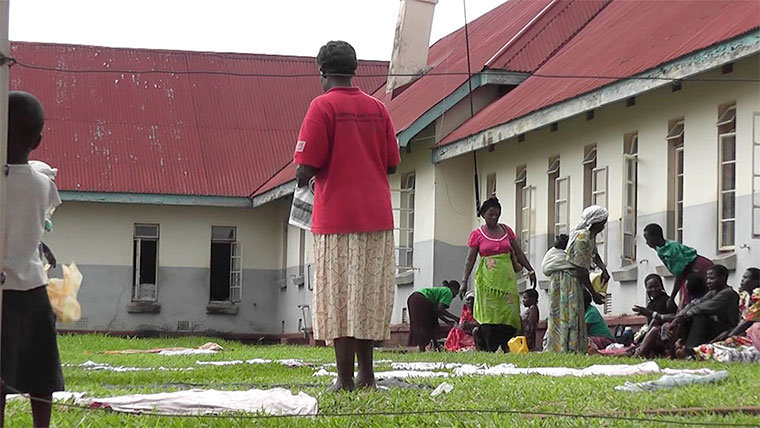The study notes that Uganda’s response to COVID-19 negatively impacted maternal, child and neonatal health. They noted an increase in pregnancy complications and fetal and infant outcomes. This is likely due to delayed care-seeking behaviour.
“There was decreased vaccination and clinic attendance which left a cohort of infants unprotected. Restricted movement hindered access to preventative services to protect maternal and child health,” Jackson Chekwaku, Reproductive Health Uganda Executive Director said.
This was an observational study, using routinely collected data from electronic medical records they carried out in Kawempe district, Kampala.
The researchers assessed the impact on maternal, neonatal, child, sexual and reproductive health services from July 2019 to December 2020.
According to the report, descriptive statistics summarised the main outcomes before July 2019–March 2020. During April 2020–June 2020. And after the national lockdown July 2020–December 2020.
The report further adds that during the three month lockdown, the number of antenatal attendances significantly decreased and remained below pre-COVID levels (370 fewer/month).
While, attendances for prevention of mother-to-child transmission of HIV dropped, then stabilised.
“Lockdown and post-lockdown increased the number of women treated for high blood pressure, eclampsia and pre-eclampsia (218 more/month), adverse pregnancy outcomes (stillbirths, low-birth-weight and premature infant births),” RHU study notes.
They also found out that immunisation clinic attendance declined while neonatal death rate rose (from 39 to 49/1000 livebirths).
The number of children treated for pneumonia, diarrhoea and malaria decreased during lockdown.
However Jackson Chekweku advised Parliamentarians to expedite tabling motion to increase the budget for maternal health. This is so as to increase access to reproductive health services and revert teenage pregnancies.
“We are extremely overwhelmed by covid impacts on access to reproductive health services. The lockdown hindered our operation due to lack of movement especially in our areas of operation. Most of our clients were not served as the country went into lockdown,” Chekweku said.
In Uganda an estimated 648,000 women aged 15–19 are sexually active and do not want a child in the next two years.
However, among this group, more than 60% have an unmet need for modern contraception. This means that they either use no contraceptive method or use a traditional method of contraception.
Additionally, approximately half of all pregnancies among women of age 15–19 in Uganda are unintentional. This totals to an estimated 214,000 pregnancies each year.
The overwhelming majority (88%) of these pregnancies occur among adolescents.
Dr Jotham Musinguzi, the director polulation services says greater investment is essential to ensure that young people have access to age-appropriate, comprehensive sexuality education, as well as high-quality sexual and reproductive health services.
But Patrick Segawa of Public Health Ambassadors Uganda calls for the empowerment of young people to make informed sexual and reproductive health decisions in order to achieve their full potential”.
Dr Chris Baryomunsi ICT Minister says investing in modern contraception, maternal and newborn health care through use of modern contraception is far lower than the cost of providing care for an unintended pregnancy.
“Addressing adolescents’ unmet need for modern contraception along with providing all pregnant adolescents and their newborns with recommended levels of care are both critical to save lives and improve teenagers,”
Check also;
- Uganda Is On Course To Ending Child Marriages, Teenage Pregnancy; Museveni
- UNFPA Donates HMIS Tools To Karamoja For Maternal Health Improvement
- President Museveni praises Ugandan’s for Being fertile as UN raises concerns over the country’s population growth rate
Please use the button below to contribute to Newslex Point, Inc. using a credit card or via PayPal.

 Newslex Point News in Uganda, Uganda news
Newslex Point News in Uganda, Uganda news












